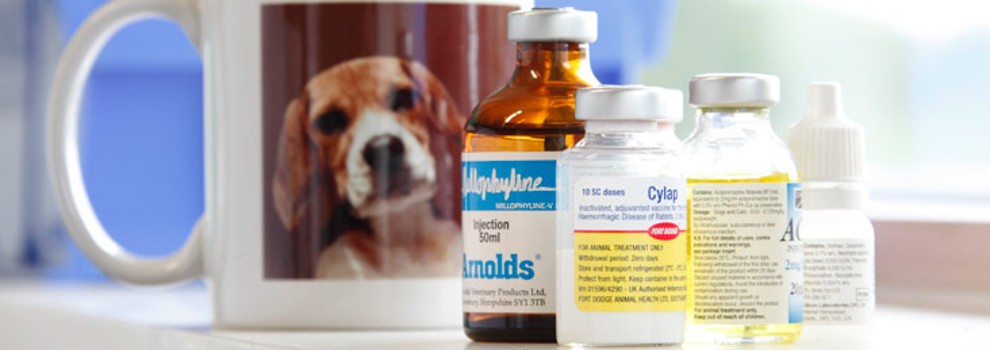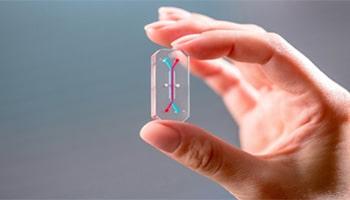Medicines and vaccines
The discovery and development of new medicines, vaccines and medical devices is a long and complex process. There are a number of stages, many of which involve animal experiments. National and global laws require that new medicines are tested on animals before being licensed for use.
Around 5 million animals are used across the EU for this purpose each year, including:
- Mice
- Rats
- Fish
- Chickens
- Rabbits
- Dogs
- Primates
What animals experience during medical trials
The degree of suffering animals experience depends on the nature of the experiment. This may include both physical pain and mental distress. Generally, animals are 'given' a disease or condition and then experiments are done to investigate:
- How the illness develops
- What effects it has
- How it could be prevented or its progress stopped
- Whether proposed treatments actually work
Animals will have pain and distress from the procedures used. They'll also suffer from the symptoms of the disease or condition that's being studied.
Healthy animals are then used to assess the safety of any treatments developed. They won't start trials on humans, farm animals and pets before this. Animals are usually killed at the end of the tests.
Our view on animal use in medical studies
The need to experiment on animals should be critically questioned. And the reason for the suffering caused. Questions must be asked including:
- The value of the problem studied? Animals should not suffer so that society can have a 'pill for every ill'. When the condition is trivial, self-inflicted or avoidable with a little effort.
- The likelihood that the research will succeed? There's significant debate about the usefulness of information gained from animal experiments. This is especially valid for studying human diseases
What we're doing
We promote a thorough ethical review of research projects. Looking at how they can use the 3Rs (replacement, reduction, refinement) to their max potential. Reducing animal use and suffering in medical and vet research.
The 3Rs
- Replacement. Methods that avoid or replace animal use
- Reduction. Make sure that the minimum number of animals is used for the test. Using proper test design and review for correct numbers and avoid wasting animals
- Refinement. Reducing suffering and improving welfare throughout animals' lives. This includes procedures, housing, husbandry and care
We carry out this work with:
- Government officials
- Scientists in unis
- Medical industry
- Other animal welfare groups
Read our blog post on wild animals used in vaccine tests and what's being done to help.


